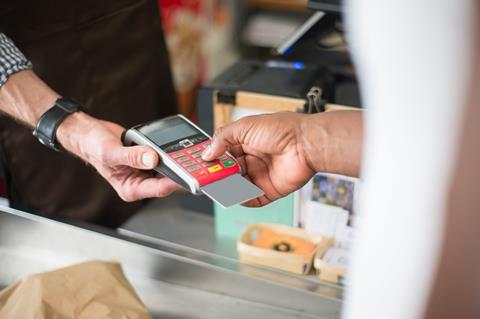Market research firm Kantar has found that grocery inflation was up as take-home grocery sales also grew.

Grocery price inflation rose to 2% in the four weeks to 29th September, up from 1.7% in August, while take-home grocery sales grew by 2% over the same period.
Kantar said the findings showed that spending on promoted items “continued to rise”, increasing 7.4% in September as “households sought to manage their finances”. However, full price sales increased by 0.3%, with Kantar stating that prices for some essentials had been “rolled back” to attract customers.
Fraser McKevitt, head of retail and consumer insight at Kantar, said: “In the fiercely competitive retail sector, the battle for value is on. Supermarkets are doing what they can to keep costs down for consumers and thanks to their efforts the prices in some categories are falling.”
According to Kantar, the UK also saw record monthly rainfall in September, which impacted how people shop. Customers reached for warming staples like soup to “stave off the autumn blues”.
Retailers see continuous growth
Tesco achieved its largest share since December 2017, now taking 28% of the market - this was up from 27.4% a year ago. Sainsbury’s saw a 5.1% increase in sales, with its market share stepping up 0.4% to 15.2%. Asda held 12.6% of the market.
Lidl achieved a 0.5% increase to hit an 8.1% market share, while Aldi accounted for 9.8% of spending. Morrisons remained constant at 8.6% of the market.
Online retailer Ocado pushed its sales up by 10% over the last 12 weeks, with its market share growing 0.1% to 1.8%. Kantar said over ther 12 weeks, the overall online market had expanded by 3.5% and was now worth £3.7 billion, with the company finding that 22.1% of households were shopping online.
Both Waitrose and Iceland’s market share held steady at 4.6% and 2.2% respectively, while Co-op now has a 5.9% share.















